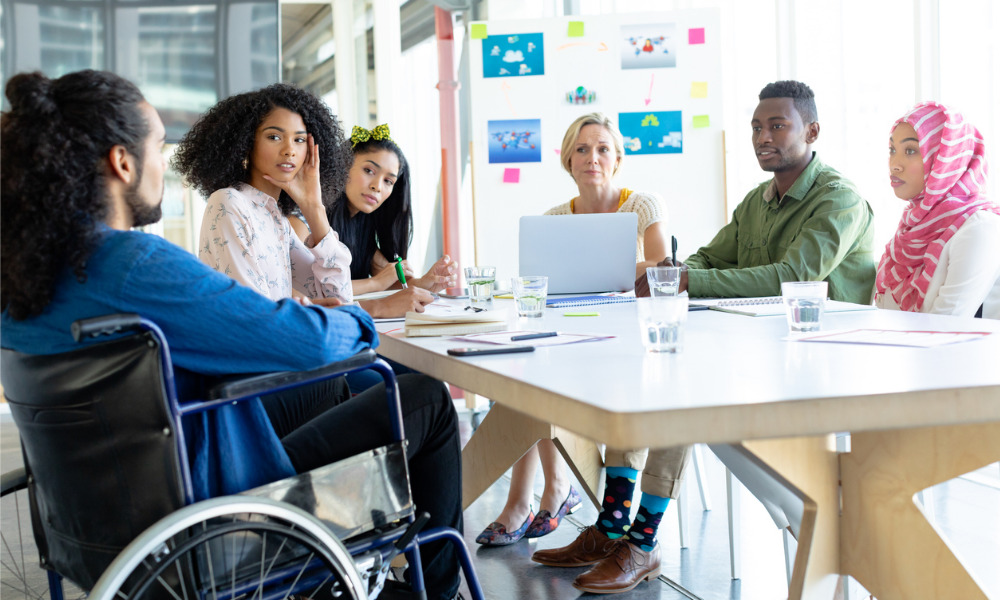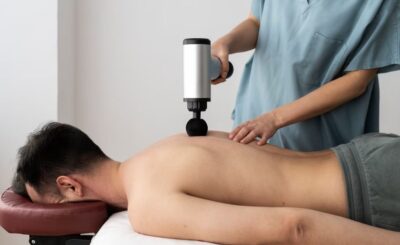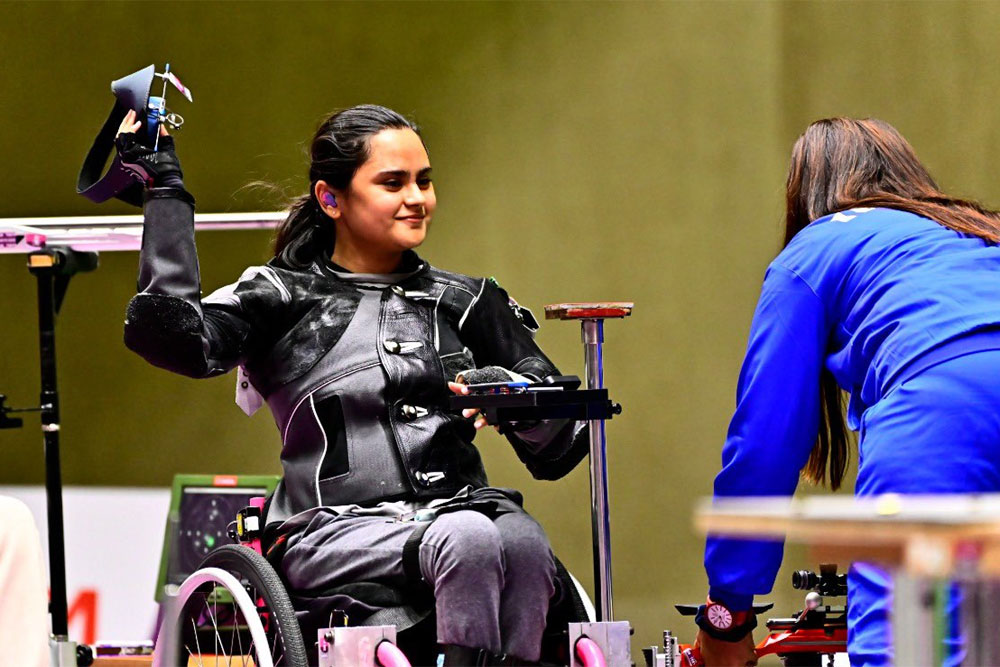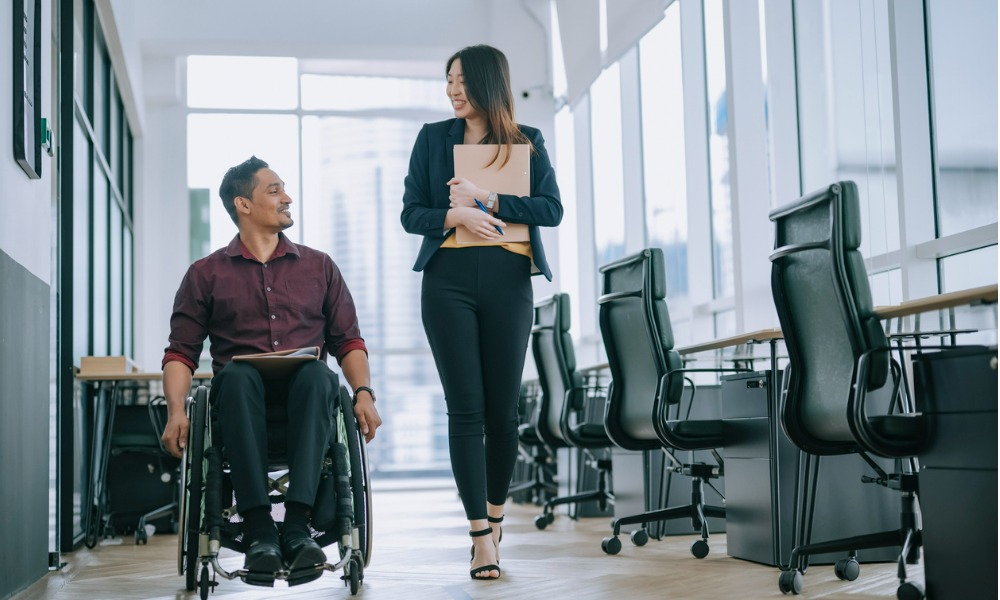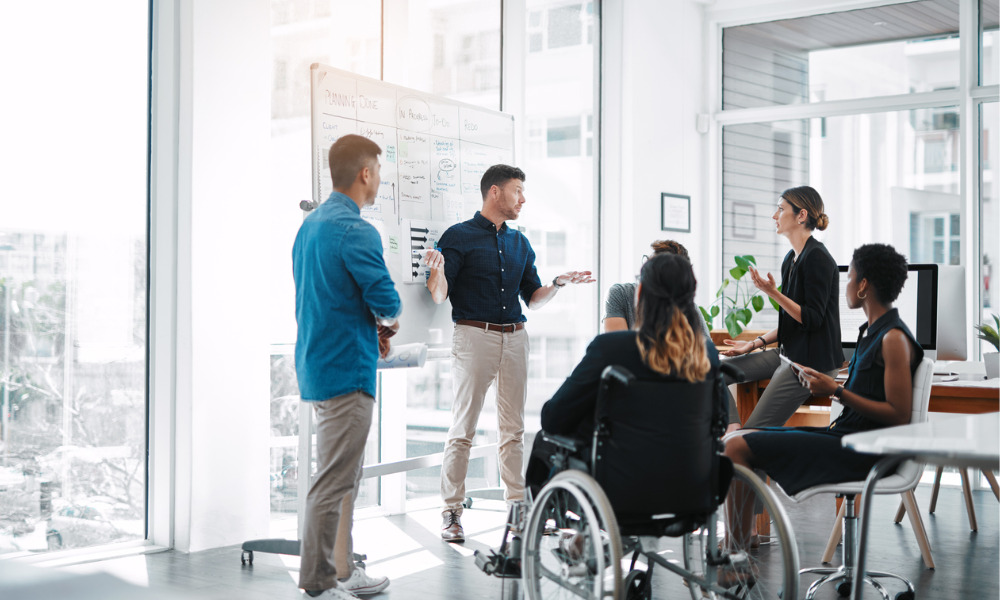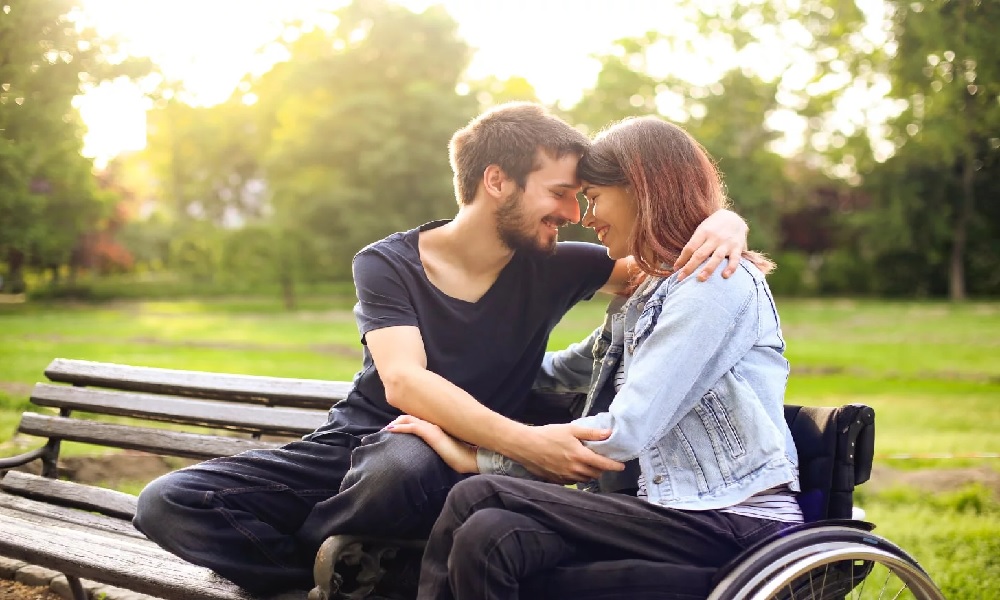People with disabilities have long been excluded from participating in sports and recreational activities due to physical and social barriers. However, with the advent of adaptive sports and recreation, individuals with disabilities can now engage in a wide range of activities that promote physical fitness, social interaction, and personal growth.
What are Adaptive Sports and Recreation?
Adaptive sports and recreation refer to activities that are modified or designed specifically to accommodate individuals with disabilities. These activities may include sports such as basketball, tennis, and swimming, as well as recreational activities such as hiking, camping, and horseback riding. The modifications may include the use of specialized equipment, such as wheelchairs, prosthetics, or adaptive bicycles, or changes to the rules or playing environment to make the activity more accessible.
The Benefits of Adaptive Sports and Recreation
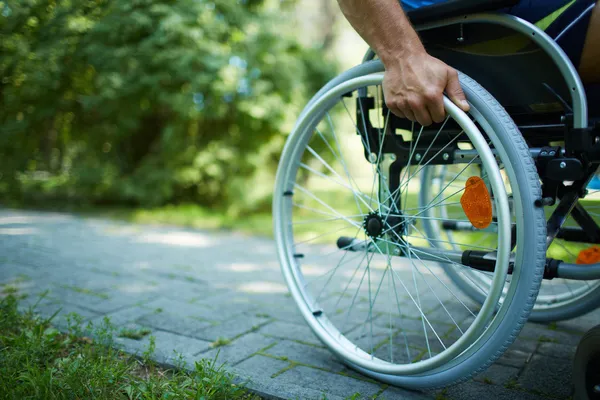
Adaptive sports and recreation offer a wide range of benefits to individuals with disabilities, including:
- Improved physical fitness and health
- Increased self-confidence and self-esteem
- Enhanced social skills and social support
- Opportunities for personal growth and achievement
- Reduced stress and improved mental health
In addition to these individual benefits, adaptive sports and recreation also contribute to the larger community by promoting inclusion, diversity, and awareness of disability issues. These activities can also serve as a platform for advocacy and activism around disability rights and accessibility.
Examples of Adaptive Sports and Recreation
There are many examples of adaptive sports and recreation that individuals with disabilities can participate in. Some of these include:
- Wheelchair basketball
- Sled hockey
- Adaptive skiing and snowboarding
- Para-cycling
- Goalball
- Adaptive surfing
- Powerlifting
- Adaptive yoga and fitness classes
These activities can be enjoyed at the recreational level or at the competitive level, depending on the individual’s interests and abilities.
Getting Involved in Adaptive Sports and Recreation
If you or someone you know is interested in getting involved in adaptive sports and recreation, there are many resources available. Local community centers, parks, and recreation departments may offer adaptive programs and activities, and there are also many national and international organizations dedicated to promoting adaptive sports and recreation.
Some of these organizations include:
- Disabled Sports USA
- Special Olympics
- Paralympic Games
- Challenged Athletes Foundation
- Adaptive Adventures
- National Center on Health, Physical Activity and Disability
By getting involved in adaptive sports and recreation, individuals with disabilities can experience the many benefits of physical activity and social interaction, while also promoting inclusion and awareness of disability issues.
Adaptive sports and recreation are a powerful tool for empowering individuals with disabilities to achieve their full potential. These activities offer a wide range of benefits, both physical and social, and also contribute to the larger community by promoting inclusion and awareness of disability issues. Whether at the recreational or competitive level, adaptive sports and recreation offer opportunities for personal growth, achievement, and advocacy.


